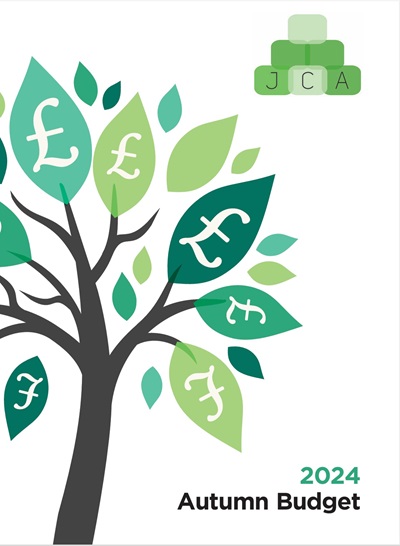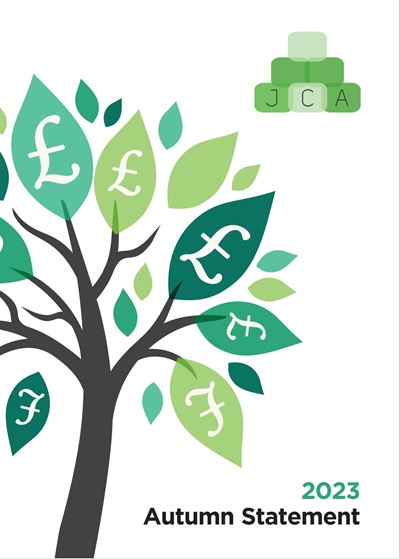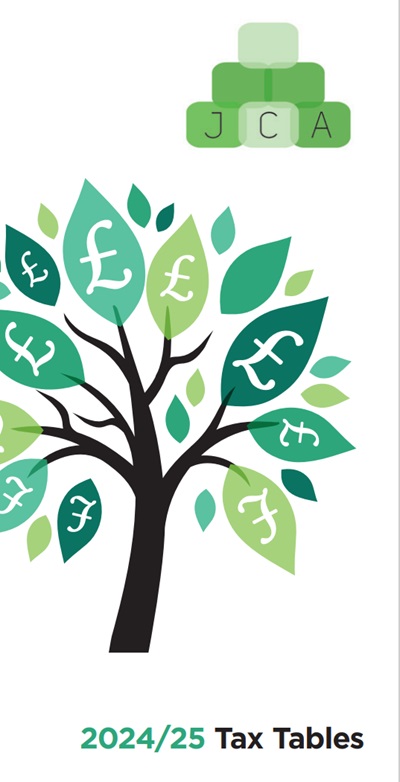Posts by nickhenley42
Budget 2024 Summary
The first Budget from a Labour government since March
2010, and the first ever from a female Chancellor, proved
to be the defining event that had been widely anticipated.
Download 2024 Autumn Budget Summary

How to Choose an Electric Car
Find out if an Electric Car is right for you and your business.
Download this useful PDF guide about how to choose an electric car.

Tax Tables 2024/2025
Autumn Statement 2023
Jeremy Hunt’s second Autumn Statement was set against
a much less financially turbulent background than his first.
However, politics still loomed large with a likely election in the
next 12 months …
Download a PDF of this document

Tax Tables 2023/2024
While the majority of the 2023/24 tax rates were released in the autumn, some changes involved unwinding the announcements of Mr Hunt’s predecessor. With inflation and cost of living concerns foremost for the majority of individual and business taxpayers, the Chancellor needed to balance longer-term economic imperatives with perhaps shorter-term political concerns.
The key tax changes you should bear in mind for 2023/24 are:
- Most main tax allowances and reliefs remain frozen at their 2022/23 levels, with the exception of the reduced threshold for additional rate taxpayers, which is cut to £125,140 for 2023/24.
- For Scottish taxpayers, the higher and top rates of tax increase by 1% to 42% and 47%, respectively.
- The headline grabbing change to the pensions lifetime allowance, which will be abolished from April 2024 after the lifetime allowance charge is removed from April 2023.
- Further on pensions, the annual allowance will increase by 50% to £60,000 from 2023/24 and the money purchase annual allowance will rise from £4,000 to £10,000 from 2023/24.
- The dividend allowance for 2023/24 is cut from £2,000 to £1,000.
- The capital gains tax exempt amount is reduced from £12,300 to £6,000 for 2023/24.
- The corporation tax increase announced by Rishi Sunak when he served as the Chancellor pushes the rate to 25%.
- Companies investing in new plant and machinery in the three years from 1 April 2023 can claim a first-year allowance of up to 100% of expenditure.
Useful Budget Links
The following links will provide access to the source documents used to create our Spring Budget Summary:
HM Treasury
- The Chancellor’s speech – www.gov.uk/government/speeches/spring-budget-2023-speech
- www.gov.uk/government/topical-events/spring-budget-2023
including: - https://assets.publishing.service.gov.uk/government/uploads/system/uploads/attachment_data/file/1142902/Web_accessible_Budget_2023.pdf
- https://assets.publishing.service.gov.uk/government/uploads/system/uploads/attachment_data/file/1142824/Costing_Document_-_Spring_Budget_2023.pdf
- https://assets.publishing.service.gov.uk/government/uploads/system/uploads/attachment_data/file/1142917/FINAL_Impact_on_households_-_SB23.pdf
- www.gov.uk/government/publications/spring-budget-2023-labour-market-factsheet/spring-budget-2023-factsheet-labour-market-measures
- www.gov.uk/government/publications/spring-budget-2023-factsheet-cutting-simplifying-tax-for-businesses-to-invest-and-grow/spring-budget-2023-media-factsheet-cutting-simplifying-tax-for-businesses-to-invest-and-grow
Office for Budget Responsibility –https://obr.uk/
Economic and Fiscal Outlook March 2023 – https://obr.uk/docs/dlm_uploads/OBR-EFO-March-2023_Web_Accessible.pdf
Statement from Welsh Finance Secretary Rebecca Evans: Chancellor must use powers to help people through cost-of-living crisis – Finance Minister, 14 March 2023 – www.gov.wales/chancellor-must-use-powers-to-help-people-through-cost-of-living-crisis-finance-minister
Statement from Scottish Deputy First Minister John Swinney: UK Budget: letter to the UK Government, 14 March 2023 – www.gov.scot/publications/uk-budget-letter-to-uk-government/
Spring Budget 2023
Key headline items from the longer than usual speech Spring Budget.
After presenting a Budget-in-all-but name with the Autumn Statement, the Spring Budget was delivered against the backdrop of a day of widespread industrial action. The run-up to the event appeared deliberately downplayed, save for a late flurry of leaks highlighting a focus on childcare at one end of the scale and pensions at the other. While acknowledging the Prime Minister’s two objectives of halving inflation and reducing debt, Mr Hunt focused his Spring Budget on the Prime Minister’s third objective – getting the economy going.
In a wide-ranging and longer than usual speech, there were some key headline items:
- The inflation rate is forecast by the Office for Budget Responsibility to fall from 10.1% (January 2023) to just 2.9% by the end of 2023.
- The lifetime allowance for pensions will be abolished from April 2024, with the lifetime allowance charge withdrawn from April 2023.
- A new monetary limit for the tax-free pension commencement lump sum will be introduced for 2023/24 of £268,275 (equivalent to 25% of the current standard lifetime allowance).
- The annual allowance for pensions will increase by 50% to £60,000 from 2023/24 and the money purchase annual allowance will rise from £4,000 to £10,000 from 2023/24.
- Companies investing in new plant and machinery in the three years from 1 April 2023 can claim a first-year allowance of up to 100% of expenditure.
- Small and medium-sized enterprises that spend 40% or more of their total expenditure on research and development can claim a tax credit worth £27 for every £100 they spend from April 2023.
- The energy price guarantee is maintained at the current £2,500 level until the end of June 2023.
- Up to 30 hours of free childcare per week will be available to working parents of children from the age of nine months by September 2025. Initially, from April 2024, working parents of two-year-olds will be able to access 15 hours of free childcare per week.
- The scheduled 11p a litre duty increases in petrol and diesel will not go ahead.

